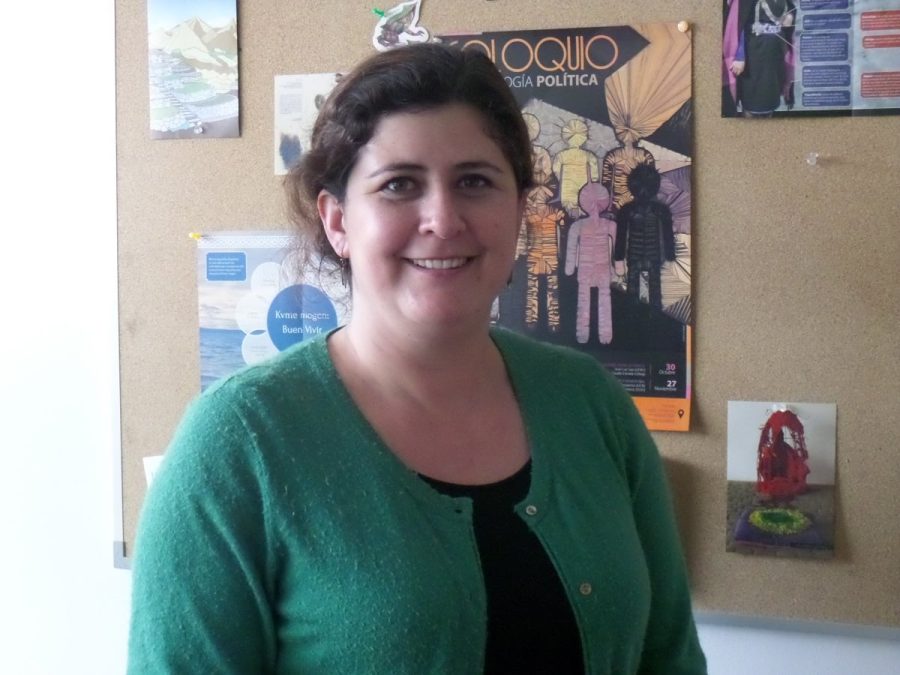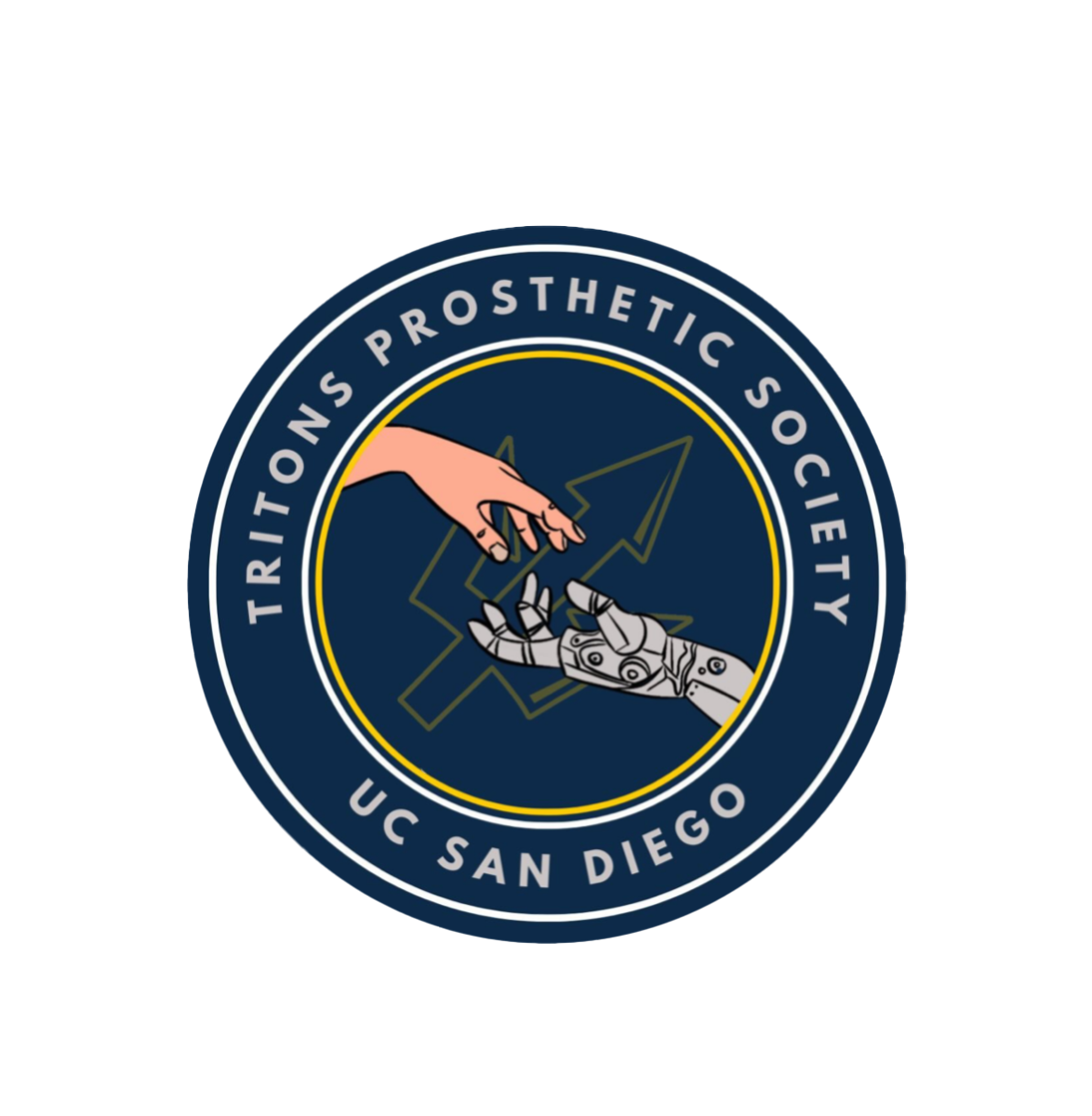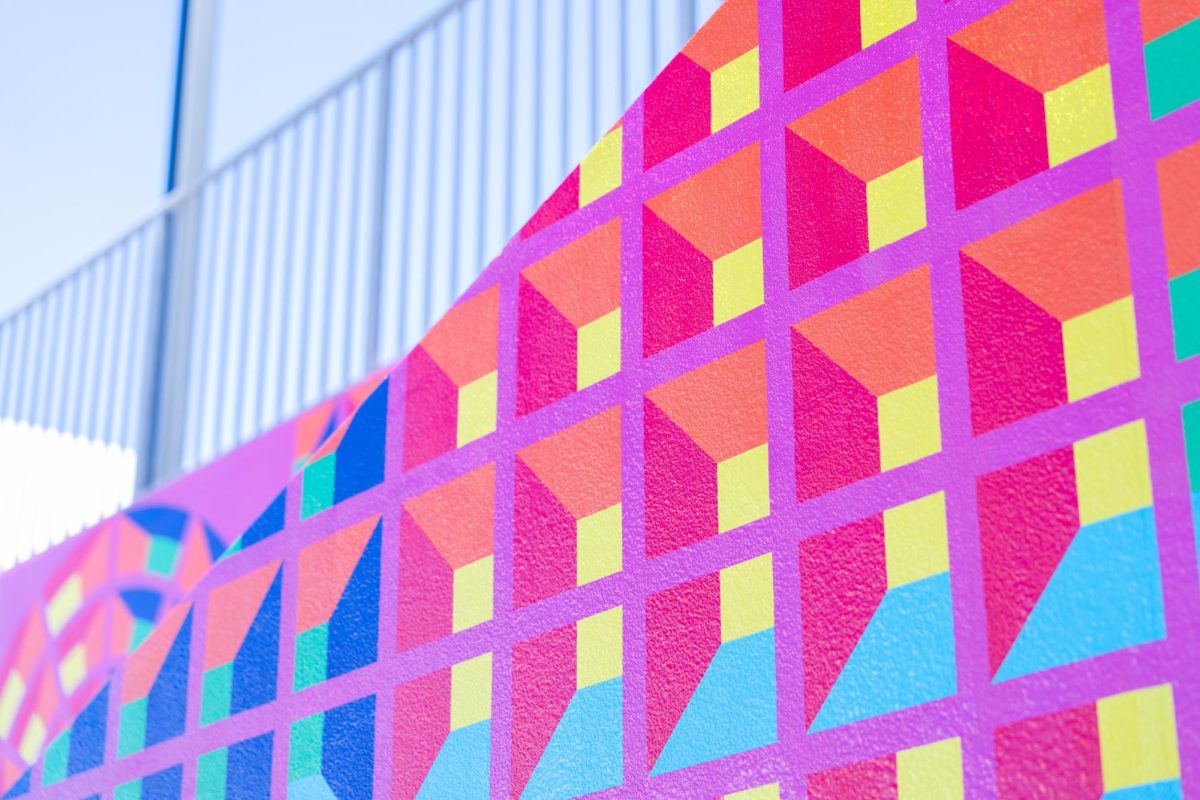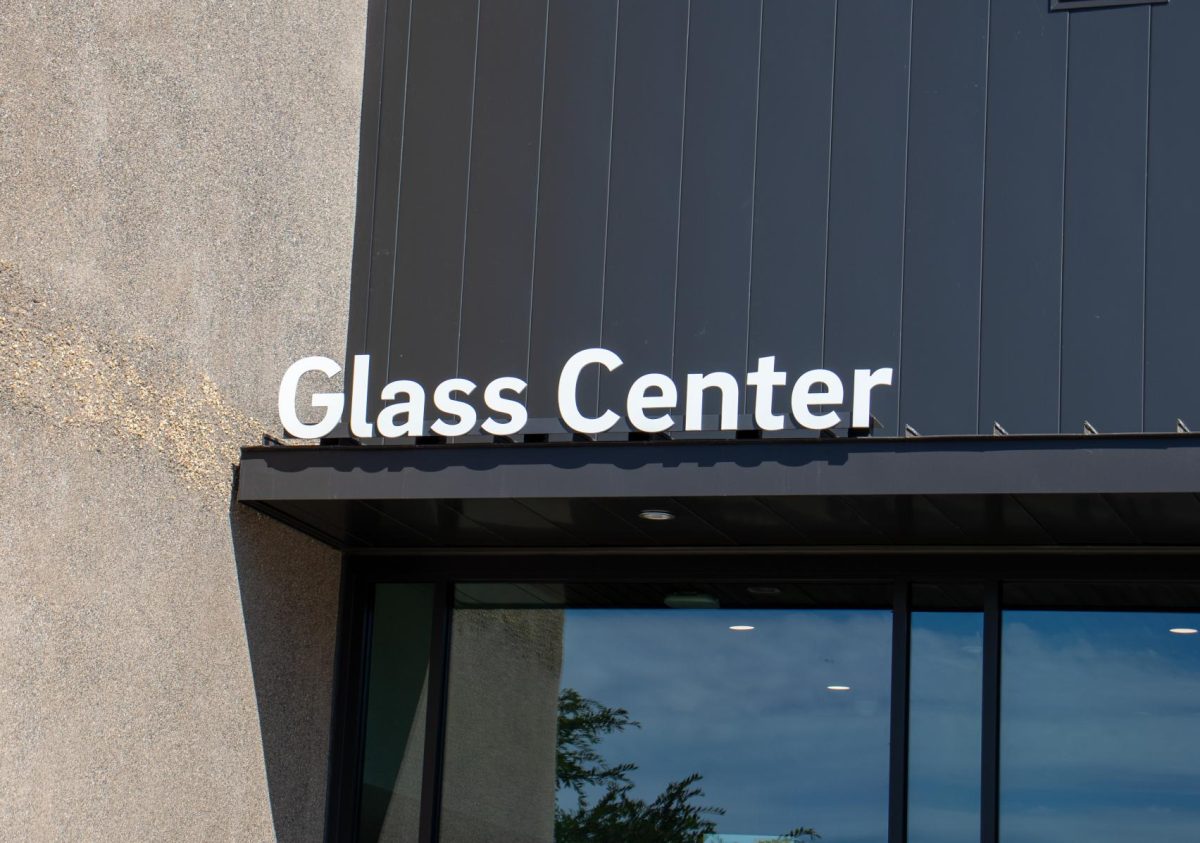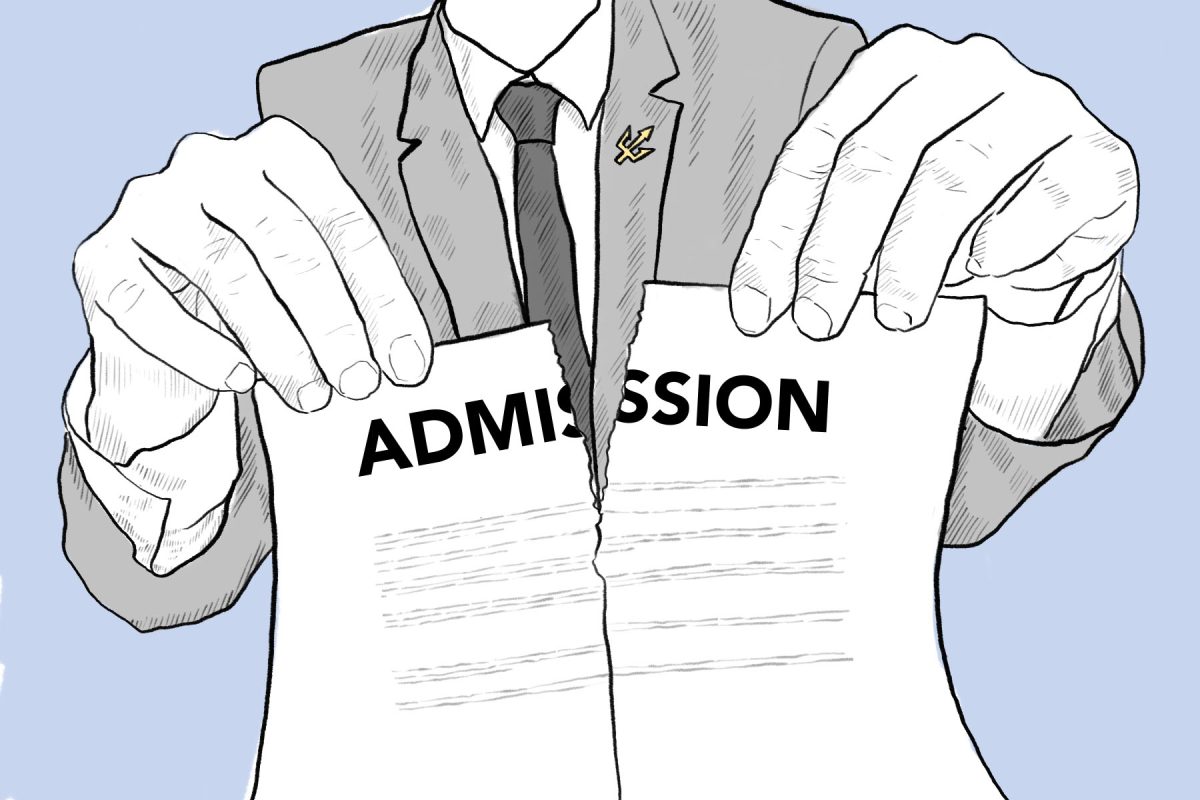Paula Saravia, professor at UC San Diego, bridges the gap between health care and the lived experiences of indigenous people through her ethnographic research in Latin America.
Paula Saravia, professor of global health and anthropology at UCSD, was born in the midst of political turmoil and dictatorship. She describes the atmosphere of her childhood in Chile during the 1970s and ‘80s as “violent” and “precarious.” “[It was a] place of repression from police, where people kept talking about the missing [without any sense of resolution].”
This greatly impacted and disturbed Saravia during her early years and inspired in her a sense of activism.
The eldest of three siblings, Saravia grew up in a small mining town in Chile near the desert. In a community of less than 5,000, she jokes that UCSD is a buzzing city in comparison.
Speaking about the political events that orchestrated the timeline of her childhood, Saravia describes how the first democratic election of Chile took place when she was 12.
“I remember being very excited about it; I wanted to be involved in things but it was not something that you could easily be involved with because it was dangerous,” she explained.
The climate in Chile during this time was polarized — voicing a dissenting opinion could lead to street protest and violence.
“People were either pro-Pinochet or anti-Pinochet (dictator of Chile from 1973-90), and I didn’t like that — not having dialogue, or [lacking] spaces for dialogue where it was most vital … [where it could] help people have their own opinions and have more information.”
This suppressive political climate was antithetical to the type of dialogue Saravia knew to be crucial — the kind of dialogue critical for change.
She describes one grassroots program in Santiago, Chile that rebelled against the dictatorship by empowering the individual.
“It was disguised as being a public health program, but it was more about empowering people, educating people, and democratizing society … it was a kind of disguised rebellion,” Saravia said.
This group gathered food for communities and empowered women to become health educators in their communities.
“[This] was also a period where you could see a lot of poverty and inequality, and that really marked me; it made me feel aware of my privileges growing up; my parents had gone to universities to get their degrees, I had all the material things one may need, I never had trouble going to the doctor — I always had that safety net.”
Saravia’s personal life also impacted how she viewed political and social shortcomings in Chile. Her grandfather, who was suffering from an illness that hindered his ability to walk, marked Saravia’s childhood. Her experiences accompanying him to hospitals and seeing the consequences of his illness on her family imprinted a sense of frustration in Saravia — she realized her inability to make a marked difference in the conditions that were not only affecting her personally but also those mirrored in society.
Her grandfather’s illness and Saravia’s acknowledgement of her own privilege among the vast inequality and persecution of her community pushed her into the field of medical anthropology. It made her realize that she wanted to do research in health and the everyday conditions that make life “precarious.”
In 1995, Saravia began her training in medical anthropology in Universidad de Chile. It was during this time that she met her mentor, Monica Weisner, who inspired her impetus for being both a student and a professor in her later years.
“Weisner [helped me] feel confident in my knowledge and that’s the feeling that I would like to share with [my] students — that it’s not about how much or how little you know, it’s about how much you can do with whatever it is that you know.”
Saravia later incorporated this feeling of empowerment while working with John Darston in developmental programs in Chile. She worked in “brutal,” impoverished communities in south-central Chile, in a region called Maule, as part of a poverty-in-action program.
“The program [was] about decentralizing the professionalization of municipalities … [the program took] young, recent graduates to [poor] areas [to] work with actual communities in poverty … I worked with children who suffered domestic violence and abuse and with entrepreneurs, particularly women.”
During this time, Saravia conducted workshops aimed at helping the people of Maule develop certain competencies that would allow them to further their individual projects and entrepreneurship goals.
Her experiences in these communities inspired Saravia to go back to school to pursue her master’s degree, which she completed abroad in Portugal and Sweden.
Saravia saw the health field as a way to break a cycle of social, emotional, and physical stress — a way to disrupt the brutal realities of communities and individuals.
“I wanted to learn more about health-related issues and go back to school and do more research … it’s important that we have people theorizing about [anthropological] issues,” she clarified.
Ultimately, Saravia decided that she wanted to break out of the abstraction that anthropology can sometimes embrace and contribute toward more tangible methods of global change. This led to her decision to obtain a master’s degree in health and welfare, and she moved to San Diego to obtain her doctorate in 2008.
Since then, Saravia has conducted multi-sited ethnographic research of the Aymara people of Bolivia and Chile. What drew her to the nomadic Aymara community was the impact of tuberculosis on the Aymara people.
But Saravia’s interests did not only focus on practical matters of health care; her two core research interests were, and continue to be, infectious diseases and emotion, two seemingly disparate subject matters. How can consideration of individual emotion be beneficial in the large network of a hospital? Furthermore, how can research on the individual experience of suffering and disease aid anthropologists and medical doctors in the larger global schema?
According to Saravia, the intersection of these two factors is necessary; a doctor or medical professional who does not understand the cultural context and the individual, lived experiences of their patients may not be able to communicate with a patient in a way that appeals to their cultural models, rules, and modes of understanding.
“We want to analyze what’s going on in terms of power structures and community dynamics, so that people can access better health care and health care providers can deliver better health care,” Saravia told the UCSD Guardian.
Saravia points out a global tendency to dichotomize westernized and non-westernized nations — a mindset that can act as a barrier when communicating with people and communities that hold different cultural beliefs and values.
“Sometimes anthropologists propagate an idea of being indigenous that [focuses on the idea that indigenous people are not] Westerners, that they don’t share ‘our’ ideas … that we live in two worlds. [The problem is] you don’t want to depict [indigenous people] as being ‘traditional.’ They do [traditional] things, but they also dress like you and me, cook like you and me, use computers … there’s a need for further understanding on what [indigenous] practices mean, what the people [who participate in them] feel — how is it that we are [all] human.”
During her ethnographic research, Saravia was most surprised by the psychological effects of illness she observed in individuals.
“It was surprising to me to notice that the way people related their experience of infectious disease had more to do with the way they feel and particularly feelings of sadness and frustration rather than just something that happened to their bodies.”
Unlike doctors who often view diseases in terms of medical objectivity, the Aymara people Saravia encountered tonally shifted their perspectives on life to accommodate their altered reality; the disease became a fundamental aspect that enmeshed itself in the webbing of community.
Saravia did not study the effects of suffering because she viewed it as an essential component of the human experience; on the contrary, she was interested in the way that an individual and a community transforms as a result of pain and the unpredictability of sickness.
“It’s powerful [because] sometimes, out of something that can be so cruel and devastating like tuberculosis, people [can] awaken some interest in social organizing or people who are sick, in assuming their own illness, find that they want to do something for others so that [they] will not suffer in the same way … there is not enough research on how agency takes over suffering,” Saravia explained.
One aspect that Saravia especially values of her own research are the connections she makes with those she meets during her fieldwork.
“It’s a kind of magic,” she passionately explained, “when doing fieldwork and talking to people, there’s a space that you build that is pretty unique, that space where both the researcher and the collaborator learn something.”
The value of such a relationship is perhaps not so different from that of a student and a teacher, where both learn from each other’s unique experiences.
When comparing her experiences teaching in Chile, following her master’s degree, with those teaching in the U.S., Saravia prefers many aspects of teaching in the U.S.
“What I like about the U.S. in contrast to the Chilean academia is that here, students get to talk more … it’s not a common practice in Chile to have classes where people get involved and participate … [UCSD is] a very fruitful space … it’s exciting.”


